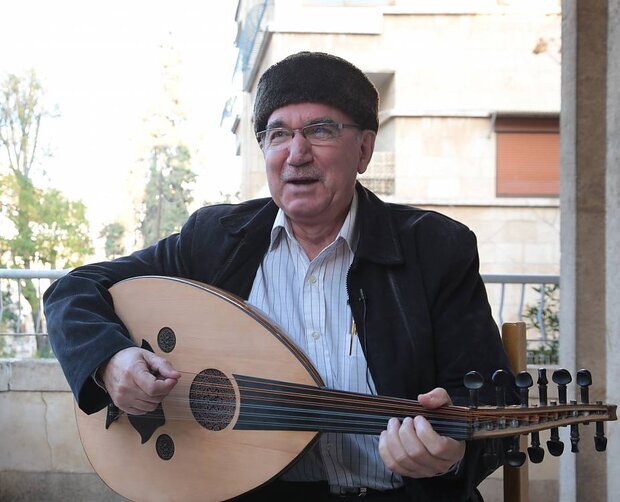UNESCO honors crafting and playing the Oud as cultural treasure

TEHRAN - Crafting and playing the Oud was hailed by UNESCO on Wednesday as it added the ancient expertise to its list of global cultural treasures.
Iran and Syria jointly received the honor at the 17th session of the Intangible Cultural Heritage Committee of the United Nations Educational, Scientific, and Cultural Organization (UNESCO) held in the Moroccan capital of Rabat on Wednesday.
The oud is a traditional, lute-type instrument played in Iran and Syria. The musician places the short-necked instrument on their leg, fretting with one hand and plucking the chords with the other. In both countries, the oud consists of a pear-shaped sound box made of walnut, rose, poplar, ebony, or apricot wood. Crafting an oud takes up to twenty-five days, during which the wood is left to dry and harden and is then treated with water and steam for fifteen days to build its durability.
According to the UN cultural body, Ouds are crafted in different sizes for different-sized bodies and decorated with wooden carvings and mosaic patterns. They typically have five twin strings, though a sixth string can be added. With its bass and baritone ranges, the instrument can produce melodic and harmonic tones. The oud is played solo or in ensembles and is accompanied by traditional songs and dance in a wide range of events. Its practice is transmitted through apprenticeships and in musical centers, colleges, and universities in urban areas. Crafters are mostly men, although in recent years young women have developed an interest as well.
AM
